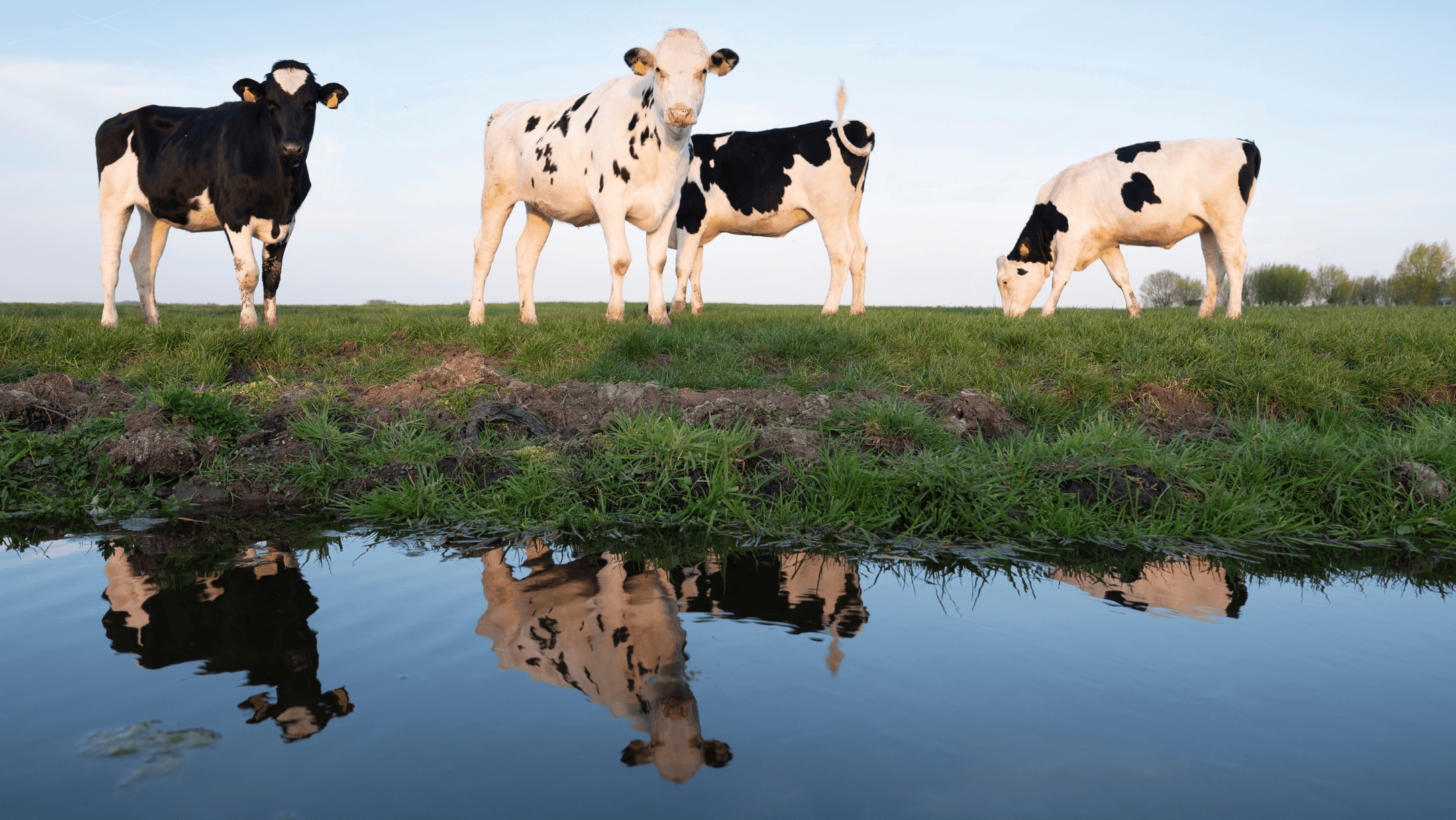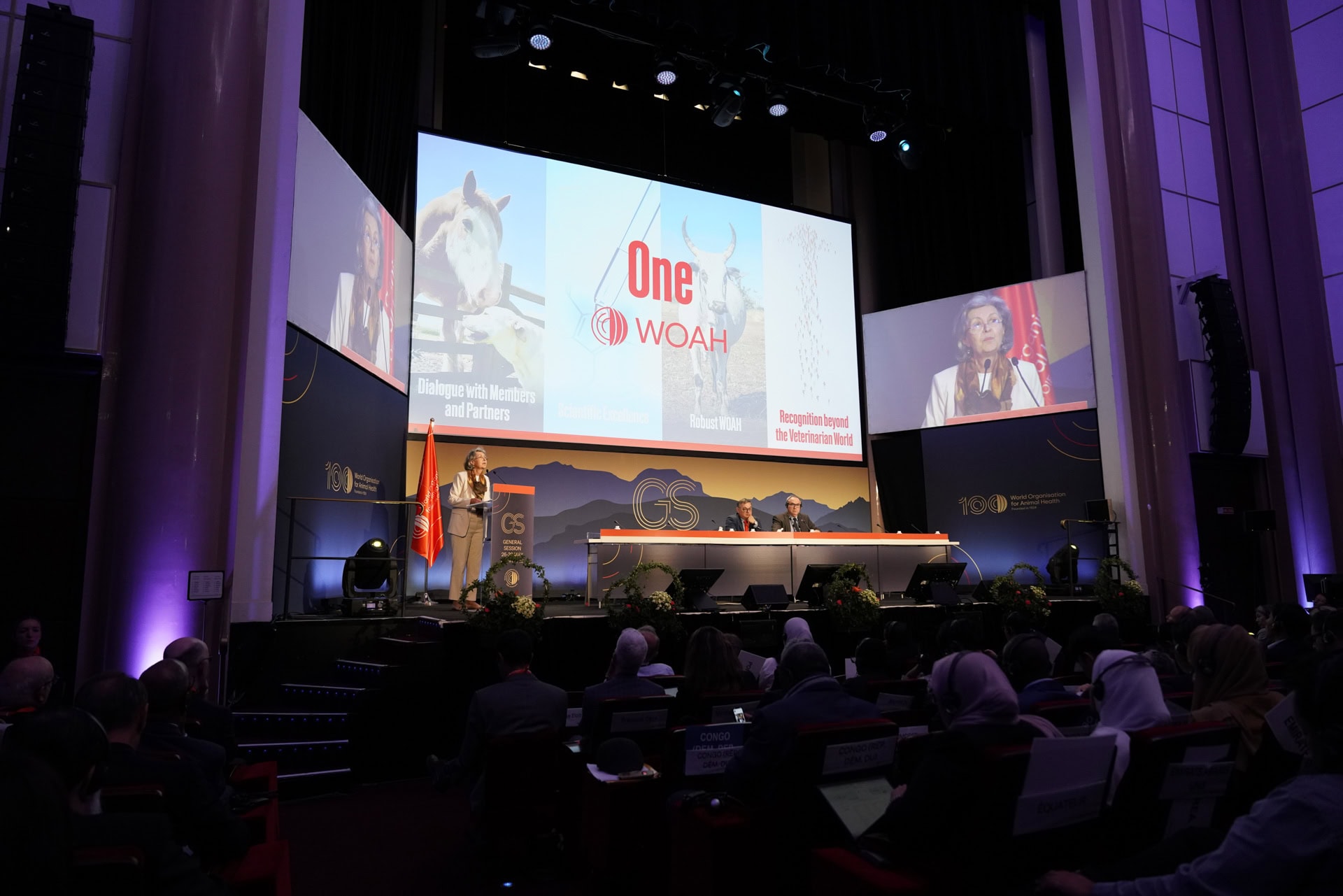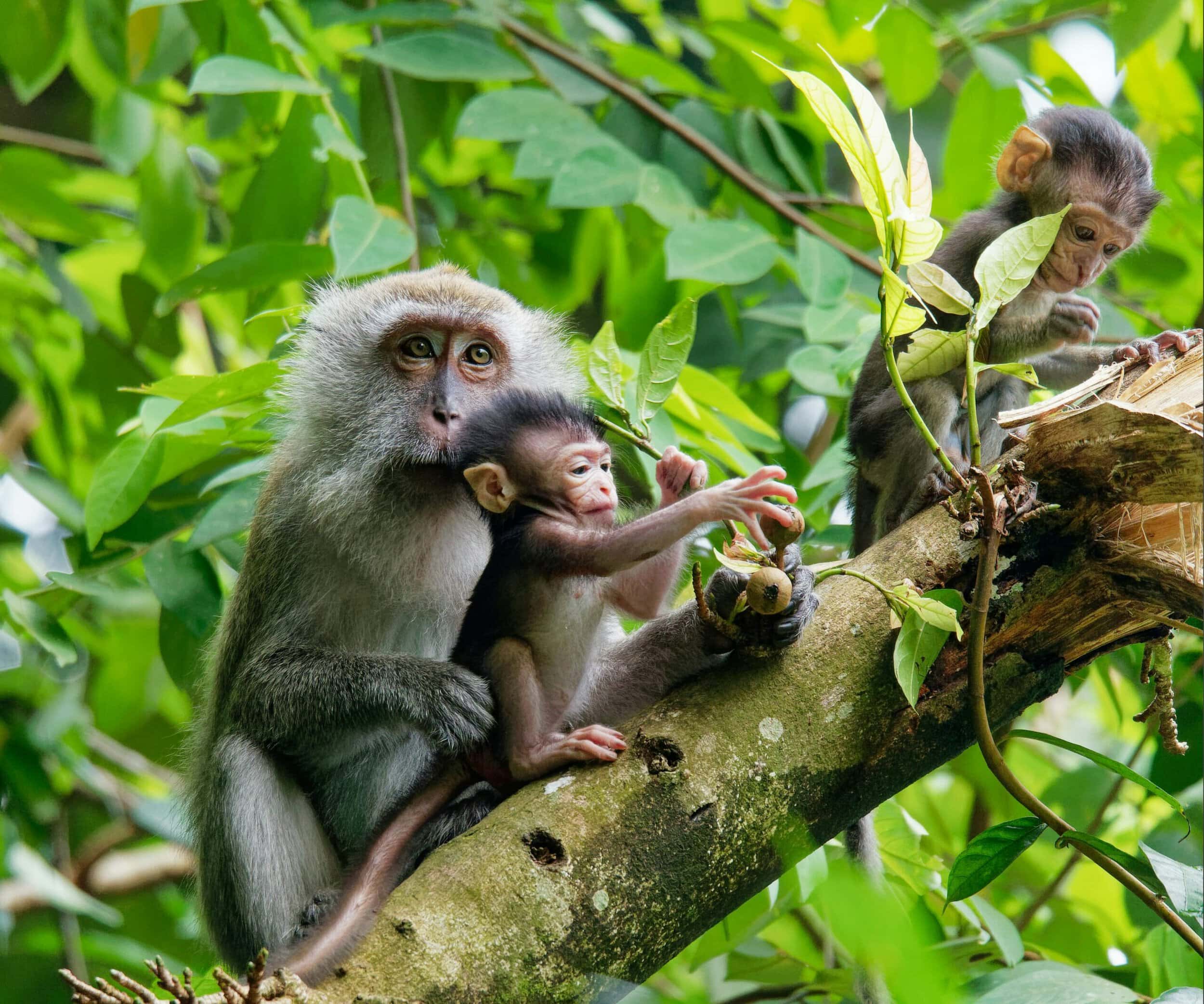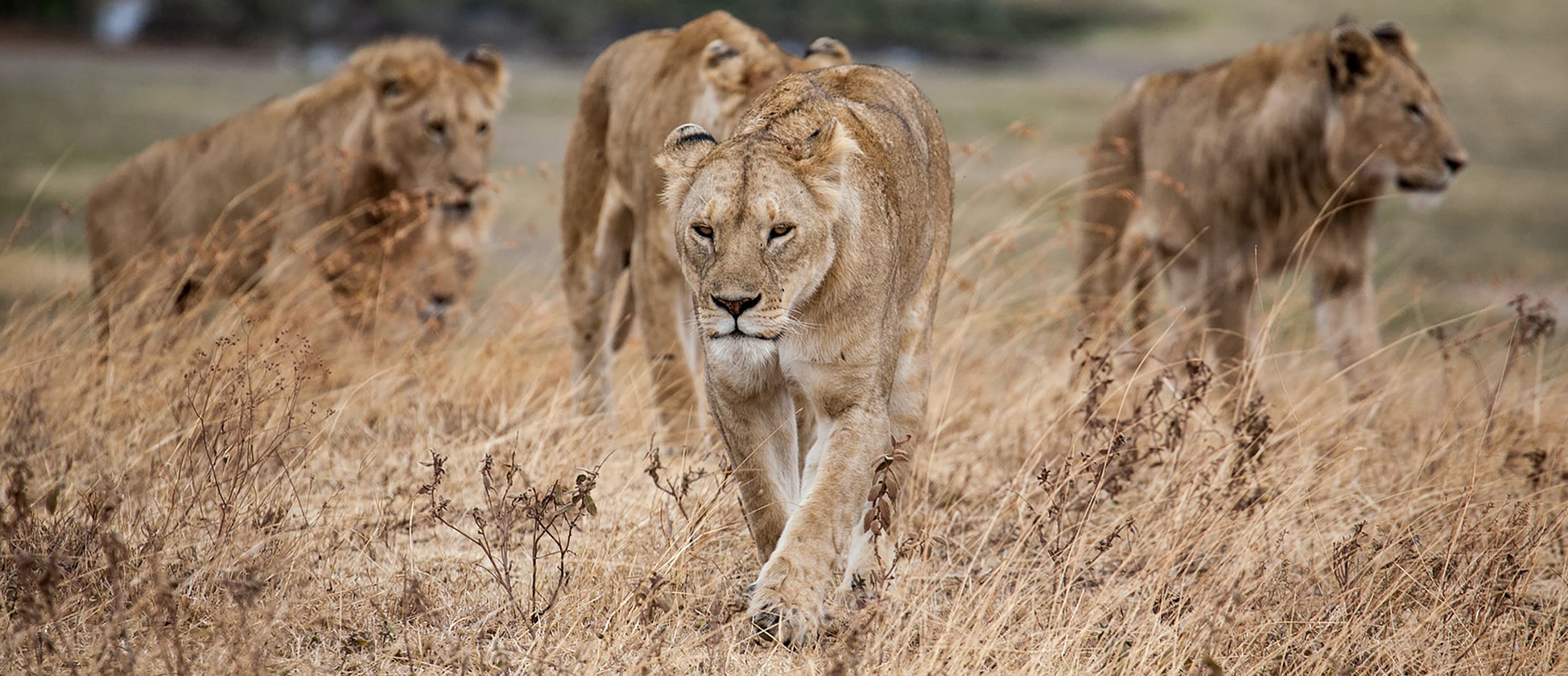In the lead up to the UN High Level Political Forum, the World Federation for Animals (WFA) is advocating for an ambitious Ministerial Declaration that calls for actions and holistic approaches with a positive impact on animals and which can accelerate sustainable development.
The Ministerial Declaration of the 2022 Forum aims to reaffirm and encourage actions to build back better from the COVID-19 pandemic, while advancing the implementation of the 2030 Sustainable Development Agenda. This year is a critical juncture as we reach the midpoint of the 2030 Agenda.
Together with the Animal Issues Thematic Cluster, a coalition of animal protection organizations working on the Sustainable Development Agenda, WFA and its members have engaged with the co-facilitators working on the Declaration (Italy and Nauru), as well as with the delegation of the European Union. To strengthen the Declaration, now in its first revised draft, we recommend as follows:
1. Call for increased ambition and urgency to protect wildlife & other living species
We are facing unprecedented environmental threats, particularly through the triple planetary crises of climate change, biodiversity loss and pollution. These crises jeopardize the achievement of the 2030 Agenda and risk increasing conflicts in the future. Therefore, it is critical that the ambition of the Ministerial Declaration on SDG15 matches this urgency.
The Ministerial Declaration needs to reflect language from its 2021 Declaration and the UN Resolution that set out the 2030 Agenda: Transforming Our World, recalling “the commitment to increased ambition and urgency of action to protect wildlife and other living species”.
2. Increase focus on pandemic prevention
While preparedness, mitigation, and response are essential to reduce the impacts of future outbreaks, the most cost-effective and equitable action is to prevent future pandemics. Primary prevention must be duly addressed. To do so, the Declaration needs to call for:
- further strengthening international solidarity and cooperation for combatting the pandemic and preventing future pandemics;
- increased support, including financial support, for multilateral mechanisms to address the underlying drivers and impacts of the pandemic; and,
- the strengthening of health systems and public health infrastructure to prevent illnesses and save lives and livelihoods, including through the achievement of universal health coverage and applying the One Health approach.
3. Recognize the animal welfare-environment-sustainable development nexus
To chart a roadmap on the way forward that accelerates actions to address the climate, environmental, biodiversity, and pollution crises, the Ministerial Declaration needs to recognise the animal welfare-environment-sustainable development nexus and the importance of addressing these connections through the One Health approach, among other holistic approaches. Doing so would be in line with the UN Environment Assembly (UNEA) resolution adopted earlier this year, which acknowledged “that animal welfare can contribute to achieving the Sustainable Development Goals”, noted “that the health and welfare of animals, sustainable development, and the environment are connected to human health and well-being”, and acknowledged “that there is a strong body of science supporting animal welfare”.
Gains on One Health
The zero draft of the Declaration included only a perfunctory mention of animals with regards to One Health. Following lobbying work by WFA, members, and partners, the new draft emphasizes “the importance of a One Health approach that delivers different benefits to the health and well-being of people, animals, plants and ecosystems”.
We applaud the commitment to “promote an integrated One Health approach to strengthen synergies between the health of people, animals and ecosystems” in line with the recently agreed operational definition, which calls for a systems approach recognizing the interconnection between the health of humans, animals, and the environment.
We hope to see the final version of the Declaration maintaining this language.
Photo: Geronimo Giqueaux, Unsplash
BACKGROUND
The High-Level Political Forum on Sustainable Development takes place from 5 to 15 July 2022 in New York. During this time, Heads of State and Government convene to review progress on the UN Sustainable Development Goals.
Each year the HLPF reviews a subset of the 17 SDGs. The goals under review in 2022 are SDG 4 (quality education), SDG 5 (gender equality), SDG 14 (life below water), SDG 15 (life on land), and SDG 17 (partnerships for the Goals).





